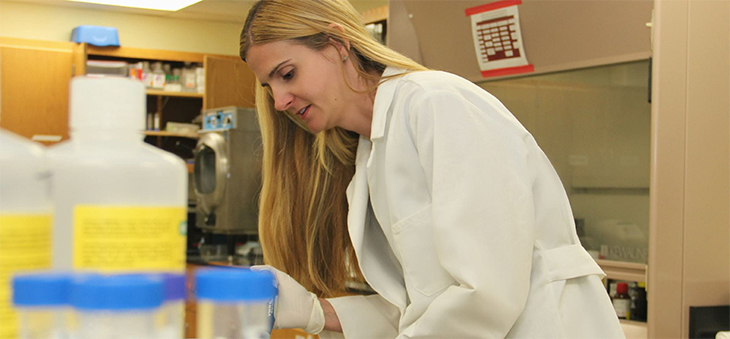As if you didn’t already have enough to keep you up at night, a new study indicates that poor sleep can negatively affect your gut microbiome, which can, in turn, lead to additional health issues.
Great.
Researchers from Nova Southeastern University (NSU) wanted to find a connection between what is going on in our insides and how that may impact the quality of sleep we experience.
“Based on previous reports, we think that poor sleep probably exerts a strong negative effect on gut health/microbiome diversity,” explained Dr Jamie Tartar from NSU.
What you may be asking yourself right now is: ‘what in the world is a gut microbiome?’ Simply put – it’s all the microorganisms (bacteria, viruses, protozoa and fungi) and their genetic material found in your gastrointestinal (GI) tract. And yes, we all have these in our GI tract, but not all at the same levels. As it turns out, it’s this diversity that could be the key.
For this study, subjects wore what Dr Tartar called an “Apple Watch on steroids” to bed, which monitored all sorts of vital signs. This way the researchers could determine the quality of the subject’s sleep. Then they tested the subjects’ gut microbiome. What they found was those who slept well had a more diverse – or “better” – gut microbiome.
Dr Tartar said that gut microbiome diversity, or lack thereof, is associated with other health issues, such as Parkinson’s disease and autoimmune diseases, as well as psychological health (anxiety and depression.)
The more diverse someone’s gut microbiome is, the likelihood is they will have better overall health.
“We know that sleep is pretty much the ‘Swiss Army Knife of health,” Dr Tartar said.
“Getting a good night’s sleep can lead to improved health, and a lack of sleep can have detrimental effects.
“We’ve all seen the reports that show not getting proper sleep can lead to short term (stress, psychosocial issues) and long-term (cardiovascular disease, cancer) health problems.
“We know that the deepest stages of sleep is when the brain ‘takes out the trash’ since the brain and gut communicate with each other. Quality sleep impacts so many other facets of human health.”
Dr Tartar’s area of research focuses on the mechanisms and consequences of acute and chronic stress in humans and the impact of normal sleep and sleep deprivation on emotion processing and physiological functioning.
Are you worried that you don’t get enough sleep? Is this report a cause for concern?
If you enjoy our content, don’t keep it to yourself. Share our free eNews with your friends and encourage them to sign up.
Related articles:
Government policy is killing us
Brain activity linked to longevity
Dementia study blasts drug use

